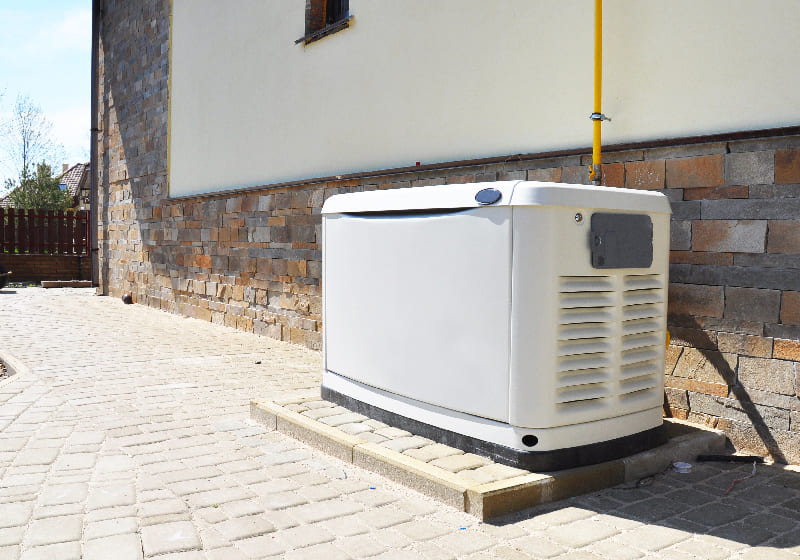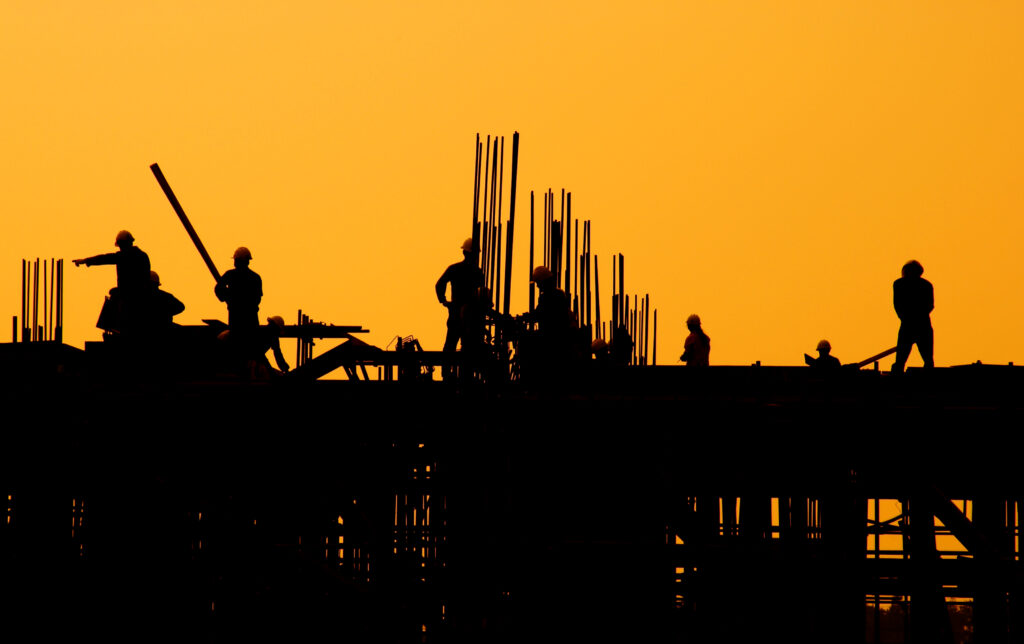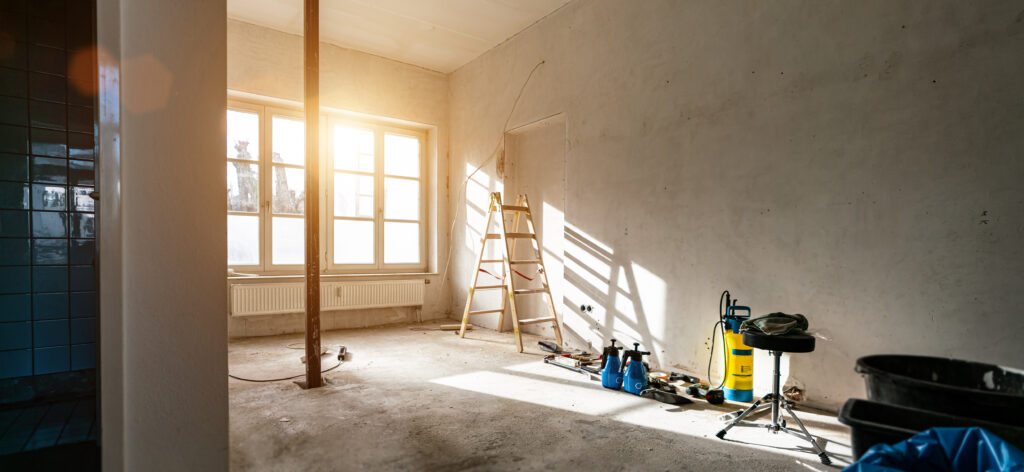As a property owner or manager, it’s crucial to keep the moving parts in your generator in good condition to prevent various problems from arising. With newer models, this is a particularly big concern. Here’s what you should do to prolong the life of your generator, and keep your building’s occupants safe.
Create a Maintenance Schedule
To ensure that your generator is being properly serviced, create a schedule to track what has been done and when. Break this schedule down into weekly, monthly and yearly maintenance. Post this schedule in a location where everyone working on your generator can easily access it. If no one within your maintenance team is qualified, hire an outside mechanic to do these regular checks.
Weekly Maintenance
Monthly Maintenance
Annual Maintenance
Know Where to Place Your Generator
Along with staying on top of scheduled maintenance, you should also practice generator safety. Generators produce carbon monoxide gas when in use, and storing them inside your building is dangerous. Avoid placing your generator close to a window or other air-intakes to prevent CO poisoning. The ideal location for your generator is a dry, even surface away from any flammable materials and building entries. During your scheduled maintenance checks, look at the CO detectors as well. If you notice something is wrong, call for professional help.
Reducing Electrical Hazards
When you first install your generator, you need to wire it to a transfer switch. This switch prevents electricity from “back-feeding” into your generator and overloading it. It also prevents workers trying to restore power from being exposed to extremely high voltage levels. In order to keep your generator working properly during an outage, read your owner’s manual to know how long to run it and reduce the chance of it burning out. When doing your checks, examine the wires for signs of damage and wear.
Store Generator Fuel Safely
Keeping your tenants safe doesn’t end with maintaining the generator itself. No matter the size of your generator, you will have to store the fuel on-site. Keep the fuel in manufacturer-approved storage tanks in a shed or other exterior building. Do not keep fuel next to a running generator, as this poses a fire hazard. You should only refuel your generator when it has cooled down completely, and you should have at least one fire extinguisher near at all times.
Clean Any Obstructions
Periodically clean your generator to cover your bases in terms of both safety and maintenance. To clean your engine, you should only use pressured air and dry cloths. Using a pressure washer can damage sensitive components inside. Since you will be storing your unit outside, you will have to deal with animals making it their home. Clean out any nests to prevent them from being sucked in during operation. Trim back weeds, grass and bushes to maintain a safe space for your generator.
Get Your Generator Checked by NPI
Whether you own a residential, office or other commercial property, it’s important to have it inspected. An inspection by NPI can help you catch issues from your generator to your plumbing before they worsen. Call your local NPI inspector today to schedule your commercial property inspection.



